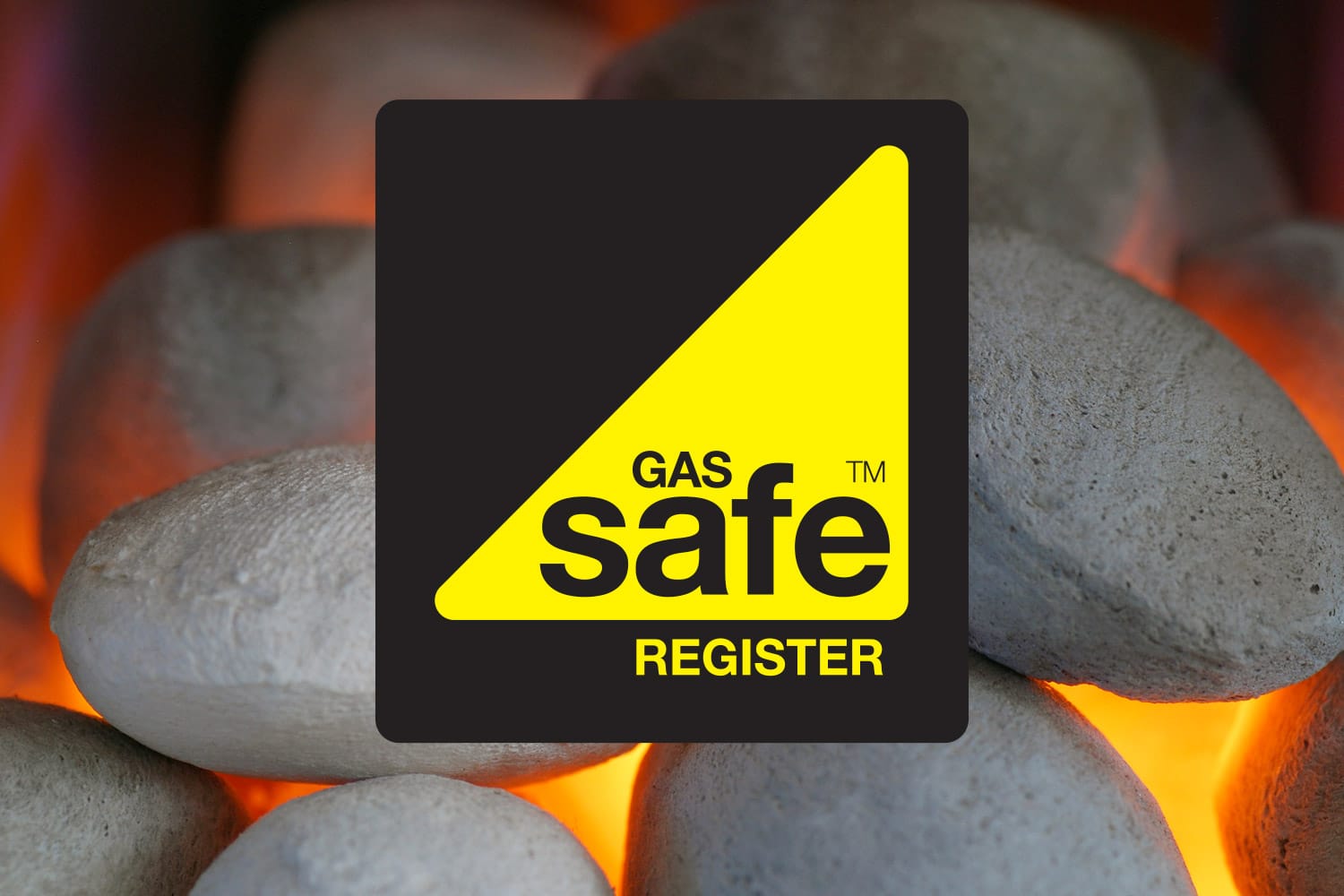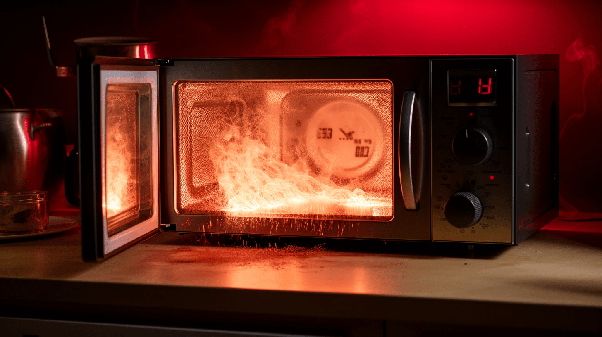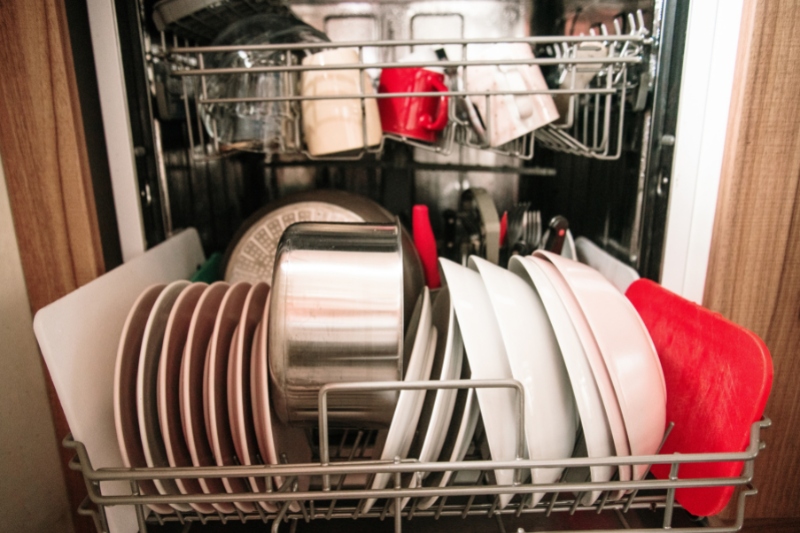The Gas Safe Register is the official list of qualified gas engineers in the UK. It keeps you safe by ensuring only trained professionals work on your gas appliances.
By law, all gas engineers must be registered to work legally. This reduces the risk of accidents from gas leaks, explosions, and carbon monoxide poisoning. You can find a registered engineer or check an engineer’s ID on the Gas Safe
Further, register website or by texting their license number to a specific code. Remember, for your safety, always use a registered gas-safe engineer for any gas work in your home.
What Is The History Of Gas Safe Register In The UK?
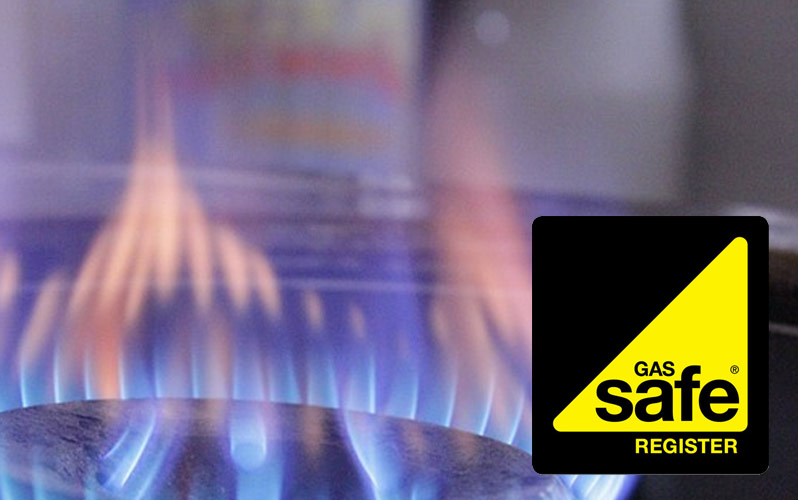
Before the establishment of the Gas Safe Register, gas safety in the UK was overseen by various regulations and bodies. One notable entity was the Gas Light and Coke Company, which regulated gas safety in London during the early 19th century.
The Gas Act of 1965 furthered the legal framework for gas safety, laying the groundwork for subsequent legislation. In 1970, the Council for Registered Gas Installers (CORGI) was formed as a voluntary regulatory body to ensure gas safety and set standards for gas work, registering qualified gas engineers.
However, concerns arose about CORGI’s effectiveness in regulating gas safety and ensuring the competence of gas engineers. In response, the Gas Safe Register was launched in 2009, replacing CORGI as the official registration body for gas engineers in the UK.
Managed by the Health and Safety Executive (HSE), the Gas Safe Register maintains a database of qualified engineers. Additionally, it conducts inspections to ensure compliance with safety standards.
Over the years, it has continuously evolved to adapt to changing technologies and safety requirements. They incorporate amendments to gas safety legislation and regulations to maintain relevance and effectiveness.
Moreover, the Gas Safe Register’s impact is significant in safeguarding public safety. Gas regulatory bodies ensure gas work is done by competent professionals, boosting consumer confidence and preventing gas-related accidents.
What are the steps for Gas Safe Register registration?
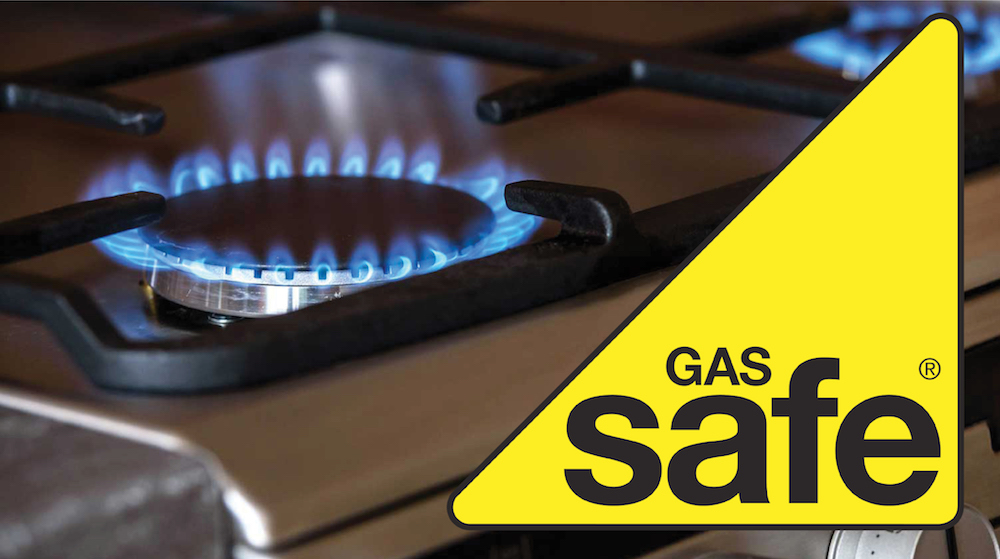
The registration process for the Gas Safe Register is designed to ensure only qualified and competent engineers are listed. Here’s a breakdown of the key steps:
Eligibility
Possess the required qualifications and experience in gas work, typically through a Gas Managed Learning Programme and ACS (Accredited Certification Scheme) assessments.
Application Process
- Gather Information: Prepare details like business contact information (company name, address, phone number), National Insurance numbers for engineers registering under the business, and a payment method.
- Apply Online: The Gas Safe Register website offers an online application system for efficient registration.
- Documentation Submission: You might need to provide additional documents like proof of qualifications and references during the application process.
Registration Stages
- Initial Review: The Gas Safe Register will assess your application and qualifications.
- Payment: Once approved, you’ll need to pay the registration fee.
- Probationary Registration: After successful processing, you’ll receive a probationary registration status. This allows you to work on gas appliances but with certain limitations.
- Inspection: A gas-safe inspector will visit you within the first three months to assess your work practices and ensure compliance with safety standards.
- Full Registration: Upon successful completion of the probationary period and inspection, you’ll be granted full Gas Safe registration.
Maintaining Registration
Registrations require annual renewal to stay active. Gas engineers must keep their qualifications up-to-date through ongoing professional development. The Gas Safe Register provides resources and guidance to help engineers maintain their registration status.
What Are The Gas Safe Register’s Main Responsibilities?
The Gas Safe Register shoulders several key responsibilities to ensure public safety around gas appliances and installations in the UK. Here’s a breakdown of their main duties:
Registration of Gas Engineers
They maintain the official list of qualified gas businesses and engineers. This involves setting qualification and experience requirements, processing applications, and ensuring registrations are renewed and qualifications are kept up-to-date.
Monitoring Gas Work
The Gas Safe Register employs a dedicated team of inspectors tasked with overseeing the work performed by registered engineers. Through regular inspections, these inspectors evaluate the competence of engineers, ensuring they adhere to safety standards and regulations.
Gas Safe Register conducts proactive inspections in addition to reactive measures. They investigate complaints regarding safety breaches and identify/address potential safety hazards before they escalate. By actively monitoring gas work, the Register contributes to the prevention of accidents and promotes a culture of safety within the industry.
Maintaining Compliance
They enforce a sanctions policy to penalize engineers or businesses found to be performing unsafe work or violating registration rules. This discourages negligence and upholds safety standards.
Investigating Illegal Gas Work
In addition to regulating registered gas engineers, the Gas Safe Register investigates reports of unauthorized individuals or unregistered businesses engaging in gas work.
These investigations are crucial for identifying and addressing illegal practices that pose significant risks to public safety. Upon gathering evidence, Gas Safe Register reports its findings to the appropriate authorities, typically the Health and Safety Executive (HSE).
This collaboration facilitates swift and decisive action, which may include legal proceedings against offenders. By combating illegal gas work, the Register helps safeguard the public and maintains the integrity of the gas safety regulatory framework.
Public Awareness Campaigns
Gas Safe Register recognizes the importance of public education in promoting gas safety awareness and preventing accidents. They actively engage in public awareness campaigns to inform individuals about the dangers of carbon monoxide poisoning. They stress the importance of using registered engineers for gas-related tasks.
Moreover, these campaigns utilize various channels, including social media, traditional advertising, and community outreach programs, to reach a wide audience. Gas Safe Register coordinates annual events like Gas Safety Week. This serves as a focal point for raising awareness and sharing vital safety information.
Through these initiatives, the Register empowers the public to make informed decisions regarding gas safety, ultimately reducing the risk of accidents and saving lives.
Gas Safety Regulations and Standards
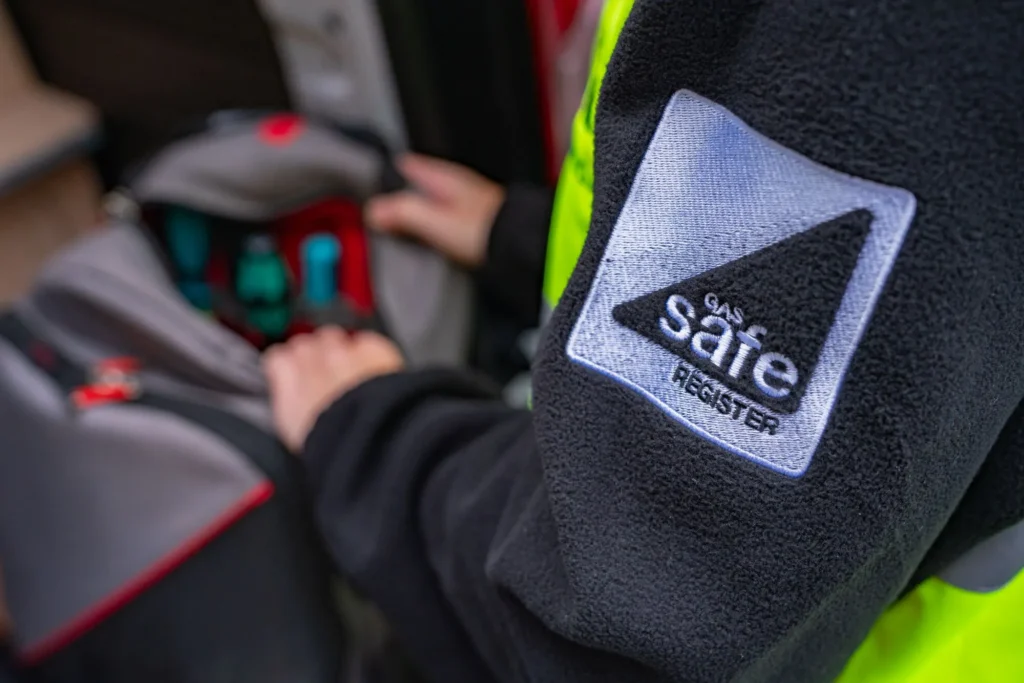
The Gas Safe Register plays a vital role, but it operates within a broader framework of gas safety regulations and standards in the UK. Here’s a breakdown of the key aspects:
The Gas Safety (Installation and Use) Regulations 1998 (GSIUR)
This is the primary legislation governing gas safety in the UK. It outlines various requirements, including:
- Competency: Only registered Gas Safe engineers can legally work on gas appliances and fittings.
- Safe Installation and Use: Regulations cover aspects like materials, workmanship, ventilation, and testing to ensure safe gas installations and appliance use.
- Landlord Duties: Landlords have legal obligations to ensure gas appliances in their properties are annually checked by a registered engineer and a Gas Safety Certificate (CP12) is issued.
- Employer Duties: Employers must ensure gas work in their workplaces is carried out by competent personnel and potential gas risks are assessed and mitigated.
Approved Code of Practice (ACOP)
This document provides practical guidance on how to comply with the GSIUR regulations. It’s not legally binding but serves as an industry standard for safe gas work.
Gas Appliance (Safety) Regulations 1998 (GASR)
These regulations ensure that new gas appliances placed on the market meet stringent safety standards to minimize the risk of accidents.
Enforcement
The Health and Safety Executive (HSE) is the primary body responsible for enforcing gas safety regulations. They can take action against unregistered engineers or businesses performing unsafe gas work.
Importance of Regulations and Standards
These regulations and standards work together to create a robust framework for gas safety in the UK. They protect the public from the dangers of gas leaks, explosions, and carbon monoxide poisoning. By ensuring only qualified engineers work on gas appliances and installations, the risk of accidents is significantly reduced.
Benefits of the Gas Safe Register
The primary benefit is a significant reduction in gas-related accidents like explosions, leaks, and carbon monoxide poisoning. By ensuring only qualified engineers work on gas appliances, the Gas Safe Register minimizes risks associated with faulty installations and maintenance.
Consumers can have peace of mind knowing they are hiring qualified professionals to work on their gas appliances. The Gas Safe registration serves as a trusted mark of competence, reducing the worry of encountering unqualified individuals.
The registration process and ongoing monitoring by the Gas Safe Register encourage engineers to maintain a high level of skill and knowledge. This fosters a culture of continuous improvement within the gas engineering industry.
Moreover, Registration ensures engineers comply with legal requirements to work on gas appliances in the UK. This protects both engineers and consumers from potential legal repercussions in case of accidents caused by unqualified work.
Also, registered engineers benefit from access to the Gas Safe Register’s resources, including technical bulletins, industry updates, and safety alerts. This allows them to stay current with the latest regulations and best practices.
Drawbacks of the Gas Safe Register
Engineers and businesses incur fees associated with registration and renewal, which can be a financial burden, particularly for smaller firms. The application and registration process can involve some paperwork and administrative tasks, which some engineers might find time-consuming.
In remote areas, finding a registered Gas Safe engineer might be more challenging due to the smaller pool of qualified professionals compared to densely populated regions. The system relies on consumers to check an engineer’s registration status, and there’s always a chance someone might unknowingly hire an unregistered individual.
FAQ’s
How do I register for gas?
To register for gas and electricity as a new customer, contact your energy supplier as soon as possible after moving in. They will create your new account and address any queries you may have.
How do I contact Gas Safe UK?
You can contact Gas Safe Register by phone at 0800 408 5500 for consumers or 0800 408 5577 for engineers. Alternatively, you can email them at enquiries@gassaferegister.co.uk.
Final Words
The Gas Safe Register plays a vital role in ensuring the safety of gas installations and appliances in the UK. Only authorizing trained and registered professionals to handle gas work, reduces the risk of dangerous accidents like gas leaks and carbon monoxide poisoning.
Moreover, verifying an engineer’s registration is simple through the Gas Safe Register website or text service. Remember, for peace of mind and safety assurance, always opt for a registered Gas Safe engineer for any gas-related tasks at home. Your safety is paramount, and Gas Safe registration is the key to ensuring it.

